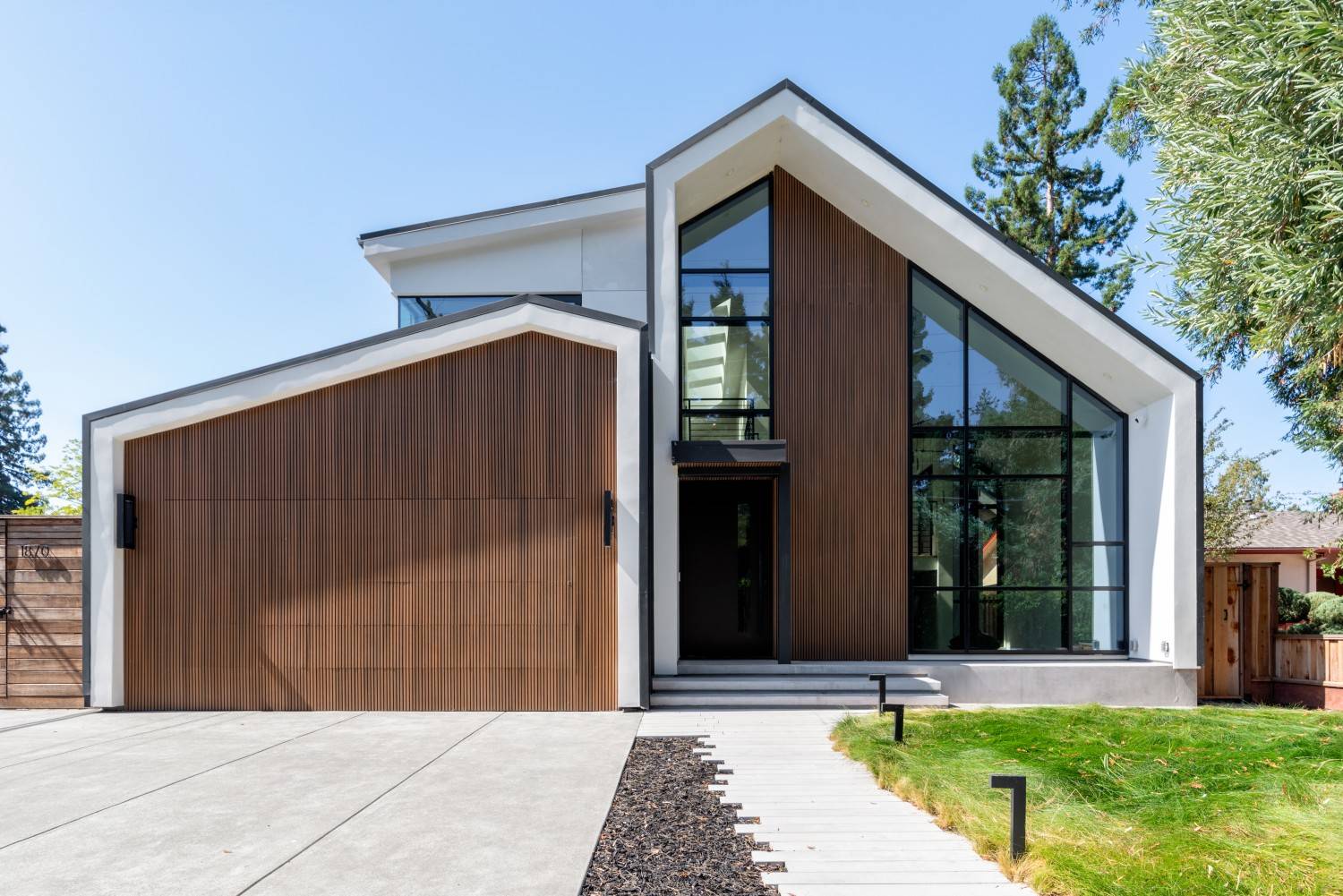Builder vs General Contractor: Who’s the Right Fit for Your Project?

In the intricate landscape of construction, one of the most vital decisions lies in choosing the right professional to handle your project. This decision can have profound impacts on the quality, cost, and timeline of construction. Whether building a dream home or a commercial structure, understanding the roles and responsibilities of a builder and a general contractor can make all the difference. As the global construction market is growing at a steady rate of 3.5%, the significance of this choice is paramount. This article aims to clarify the distinctions, roles, and when to choose a builder or a general contractor for your needs.
What is a Builder?
A builder is a jack-of-all-trades in the construction arena. They usually have hands-on experience in building various structures and may specialize in specific types of construction. From obtaining the necessary permits to sourcing the right materials, a builder takes care of a multitude of tasks, including:
- Laying foundations
- Erecting walls
- Fitting interiors
- Managing small teams
- Ensuring quality control
What is a General Contractor?
General contractors, conversely, often work on larger construction projects, where they coordinate various subcontractors for specific tasks. Their primary roles include:
- Project management
- Ensuring timely completion
- Maintaining quality standards
- Hiring and coordinating subcontractors
- Handling legal and regulatory requirements
Comparing Builders vs General Contractors
| Criteria | Builder | General Contractor |
|---|---|---|
| Responsibilities | – Hands-on Construction – Quality Control – Small Scale Management | – Overall Project Management – Subcontractor Coordination – Regulatory Compliance |
| Skill Sets | – Specialized Skills – Attention to Detail – People Skills | – Managerial Skills – Negotiation Abilities – Legal Knowledge |
| Licensing and Certification | – Various Certifications based on specialty – Local Licensing | – General Contractor License – Specialized Licensing if required |
| Scope of Work | – Usually works on smaller projects or specializes in specific tasks | – Manages larger, more complex projects involving various subcontractors and specialists |
| Quality Control | – Ensures quality at every step of hands-on construction | – Coordinates with various subcontractors to ensure overall quality standards |
| Cost Consideration | – Might be more cost-effective for small projects or specialized tasks | – May offer better value for complex projects due to management and coordination ability |
| Legal Compliance | – Generally responsible for compliance on a smaller scale | – Manages legal requirements across a broader scale, including permits and regulations |
One homeowner shared his experience: “I initially hired a builder for my home extension. However, I soon realized the complexity required a general contractor, who brought in specialists for each part of the project.”
Allegra Garcia
Choosing Between a Builder and a General Contractor
Factors to Consider
Several critical factors can guide this decision:
- Project Size and Complexity: Larger and more complex projects often require the coordination skills of a general contractor.
- Budget Constraints: Depending on your budget, one option may be more cost-effective than the other.
- Regulatory Requirements: Legal and local requirements may necessitate hiring a general contractor.
Conclusion and FAQs
The decision between hiring a builder or a general contractor is multifaceted. By understanding their roles, responsibilities, skills, and when to choose one over the other, you can make an informed choice that aligns with your project’s requirements.
- What is the primary difference between a builder and a general contractor?
Builders are involved in hands-on construction, while general contractors coordinate various aspects of larger projects. - How does the cost of hiring a builder compare to a general contractor?
Costs vary depending on project complexity, location, and specific needs. - Do both builders and general contractors need licenses?
In most regions, yes. Always check local regulations. - Can a general contractor build a house on their own?
They typically coordinate various specialists rather than handling all construction tasks themselves. - What factors should I consider when choosing between a builder and a general contractor?
Consider project size, budget, complexity, and legal requirements.




